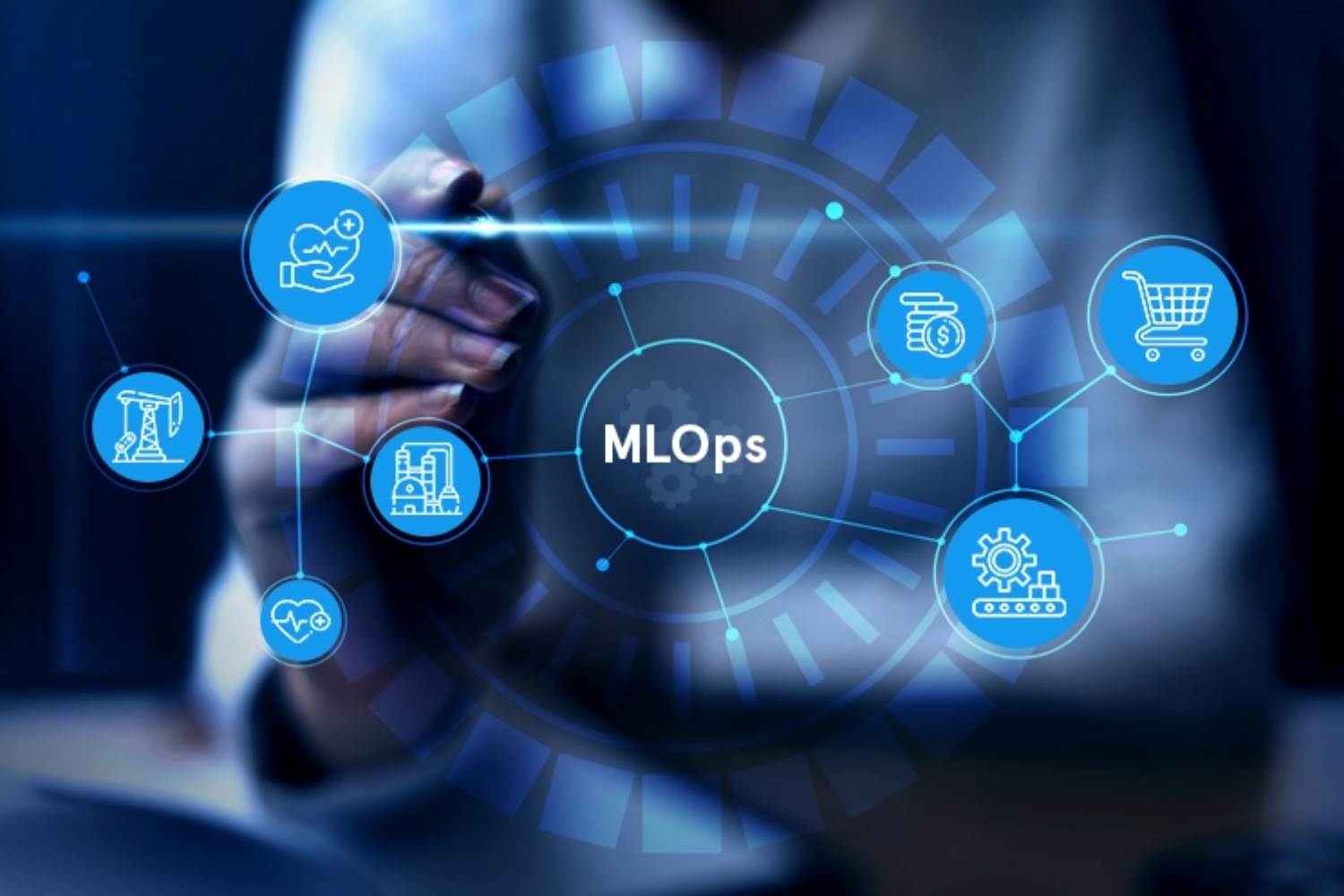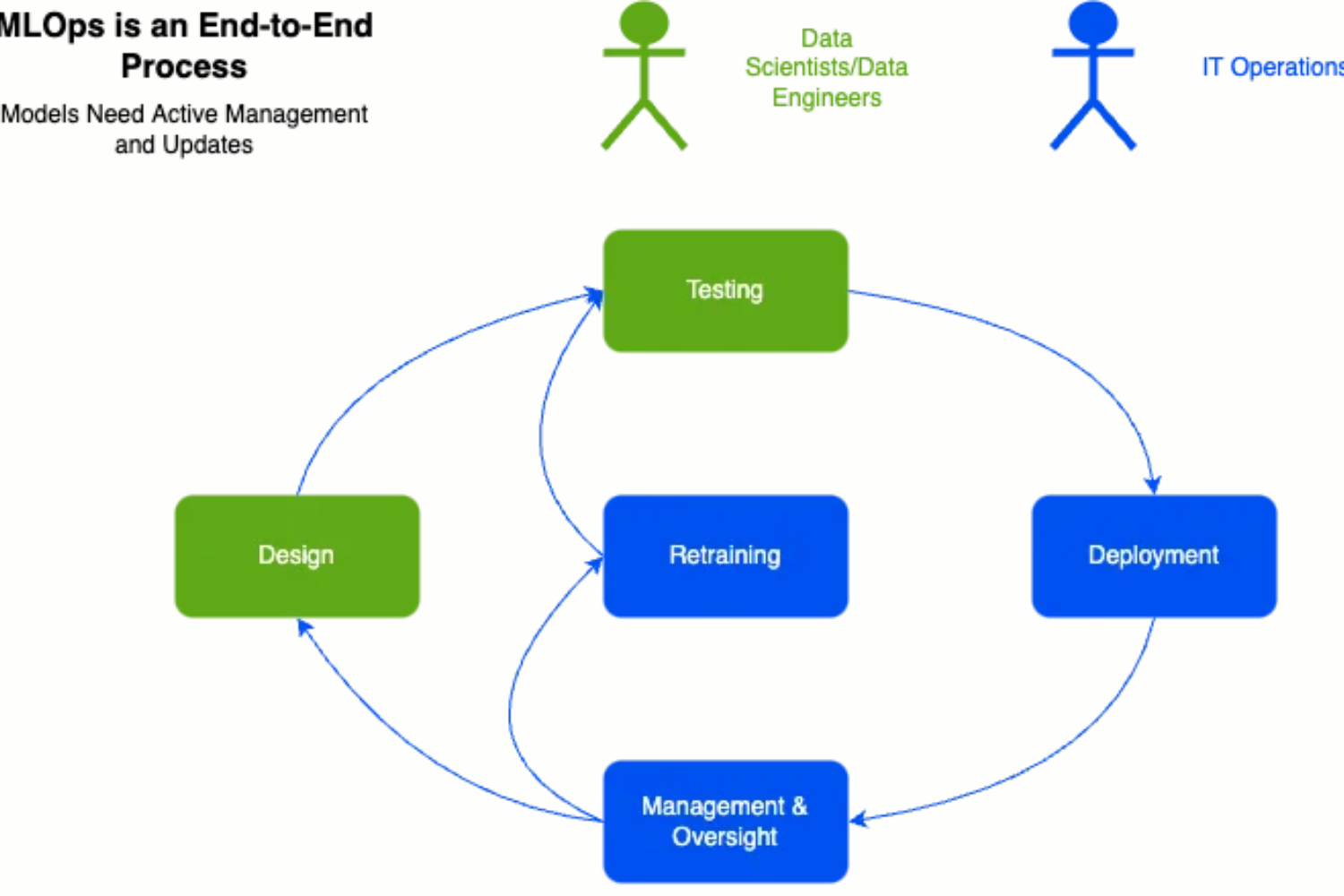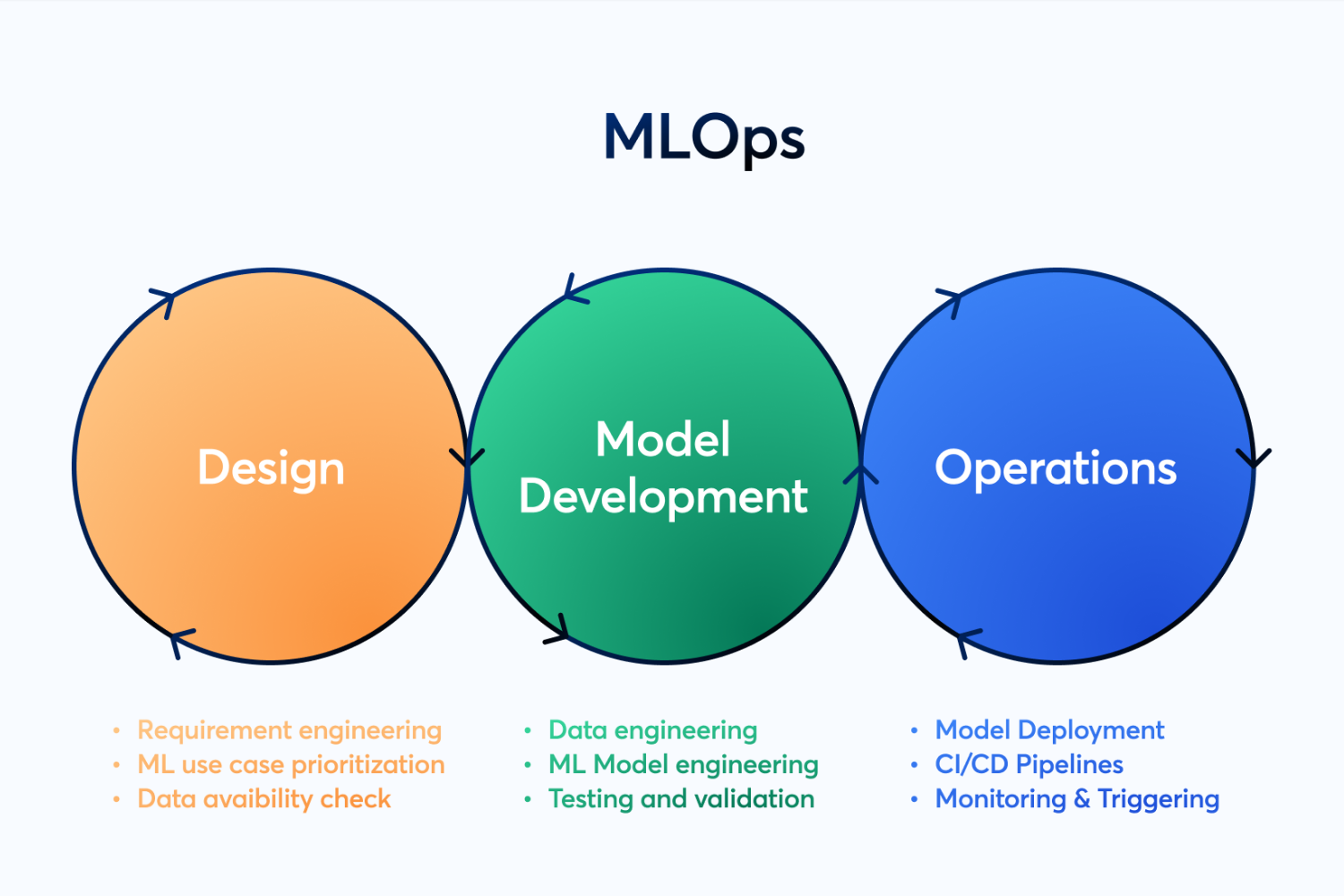
MLOPS
MLOPS stands for Machine Learning Operations. MLOps, in Process engineering briefly and simply, is about designing, automating, and optimizing the end-to-end workflows for developing, deploying, and managing machine learning models. It involves creating structured, efficient processes that enable collaboration, automation, and reliability in machine learning operations.
FUNDAMENTALS OF PROCESS ENGINEERING MLOPS
MLOps process engineering fundamental are:
Automation: Automate repetitive tasks in machine learning, such as data preprocessing, model training, and deployment, to reduce errors and save time.
Version Control: Use version control for code and data to track changes and ensure reproducibility.

Collaboration: Foster collaboration between data scientists, developers, and operations teams to work together effectively.
Continuous Integration/Continuous Deployment (CI/CD): Set up CI/CD pipelines to automate testing, building, and deploying machine learning models.
Monitoring: Continuously monitor model performance in production, and establish feedback loops for model improvement.
Security and Compliance: Integrate security and compliance practices to protect data and ensure regulatory adherence.
Documentation: Maintain clear documentation for models, code, and processes to facilitate teamwork and knowledge sharing.
Framework of MLOPS in Process Engineering:

ROLE OF PROCESS ENGINEERING IN MLOPS

BENEFITS OF PROCESS ENGINEERING IN MLOPS

SALARY
The salary is between 13LPA To 35LPA
Key technologies for process engineering in MLOps include:
Version Control: Tools like Git for managing code and data.
CI/CD Pipelines: Automation tools (e.g., Jenkins, GitLab CI) for continuous integration and deployment.
Containerization: Platforms like Docker for packaging and deploying ML models.
Monitoring Tools: Solutions such as Prometheus and Grafana for tracking model performance.
Automation Frameworks: Tools like Ansible and Terraform for infrastructure automation.
Collaboration Platforms: Systems like Jupyter Notebook and collaborative ML platforms for team work.
These technologies support efficient and effective MLOps processes.
COURSE HIGHLIGHTS

CONCLUSION:
In MLOps, Process Engineering is crucial for creating streamlined, efficient workflows that seamlessly integrate machine learning models into production systems. It ensures that data pipelines, model training, and deployment processes are well-structured and optimized. Process Engineering in MLOps ultimately enables organizations to consistently deliver and maintain machine learning applications, improving productivity and the quality of AI-driven solutions.

